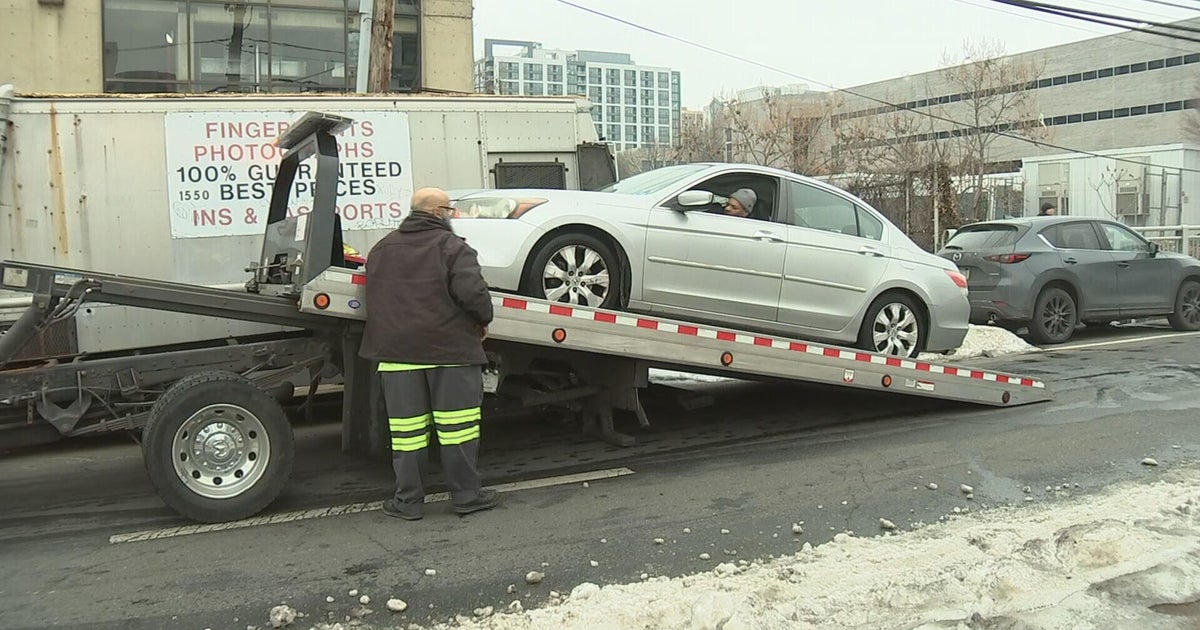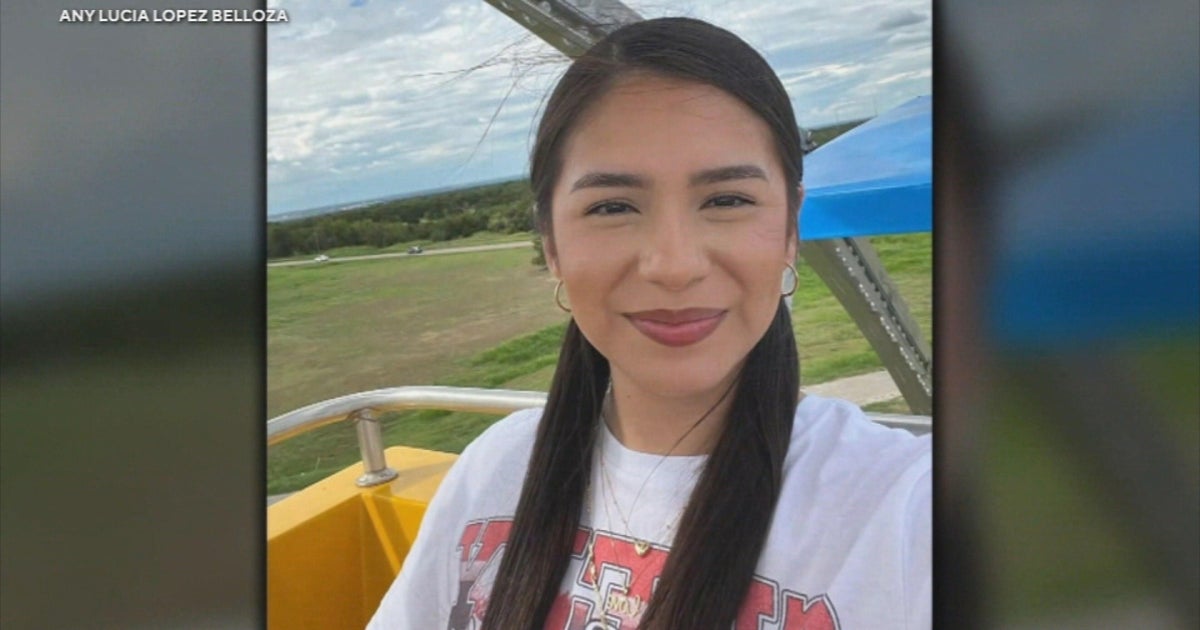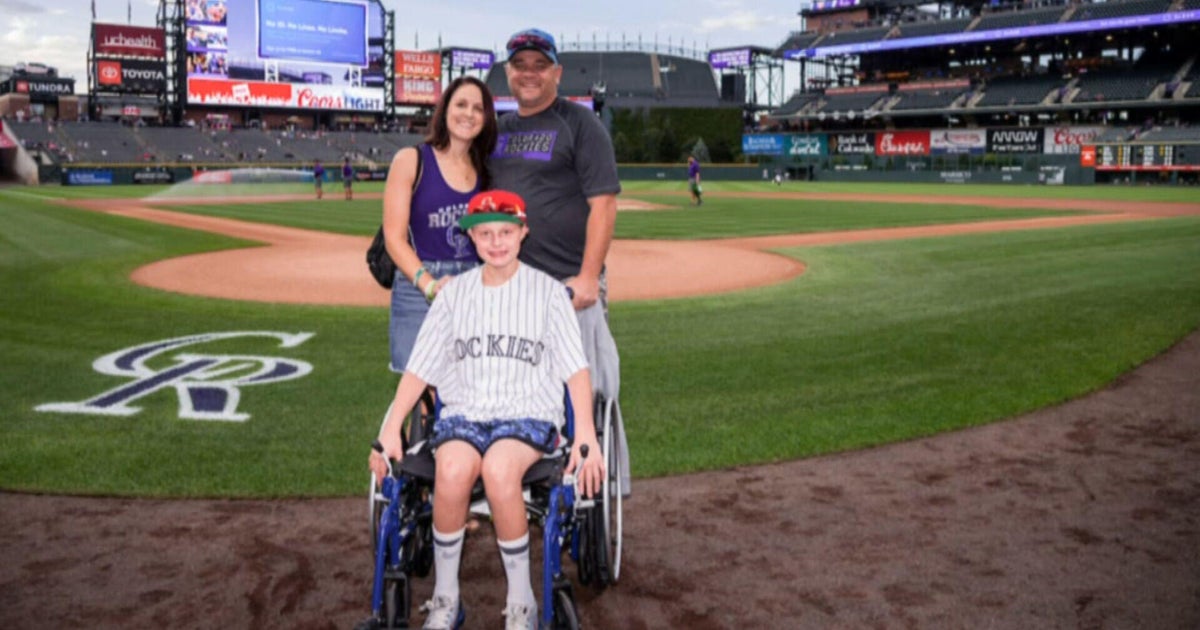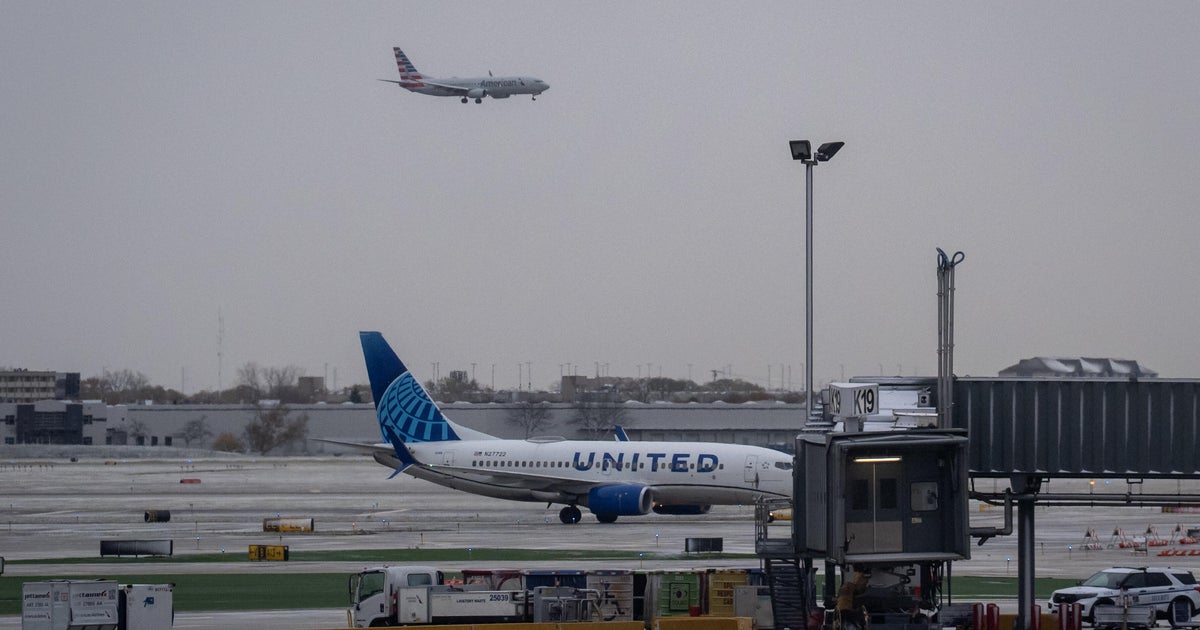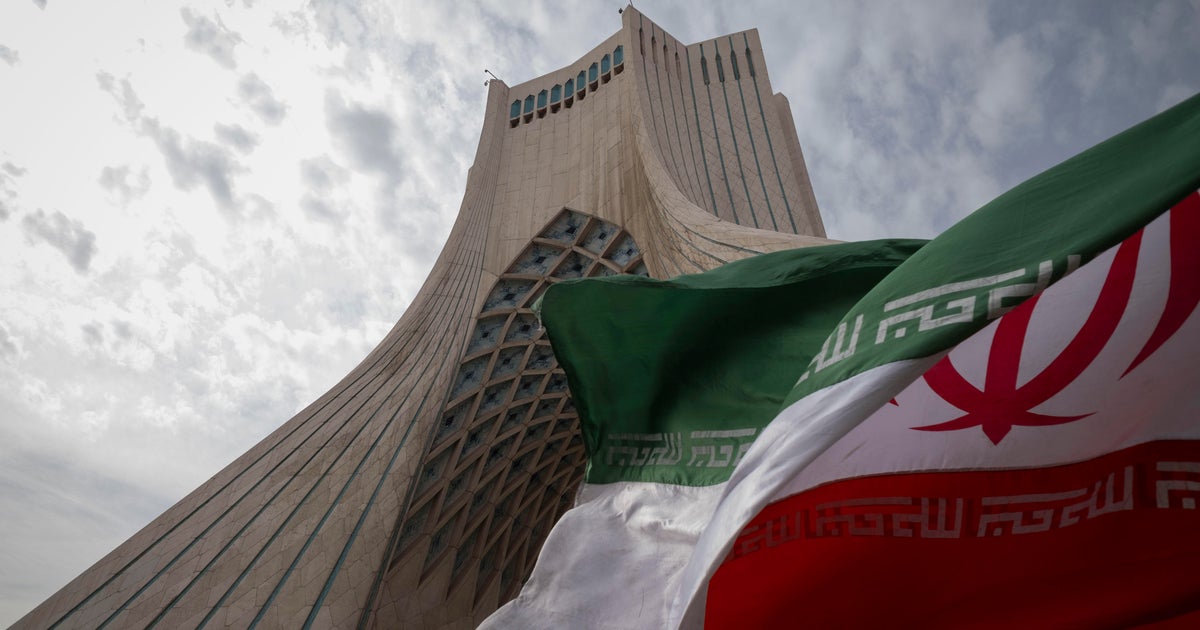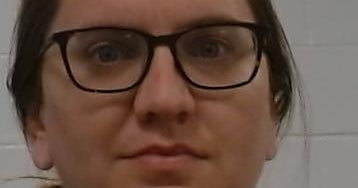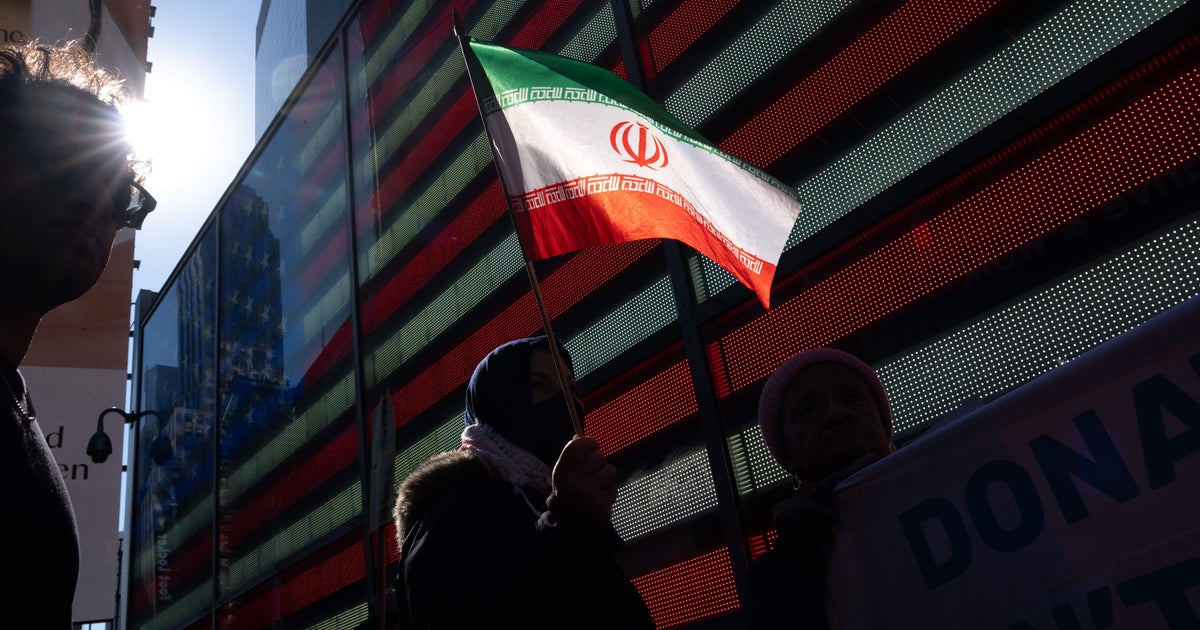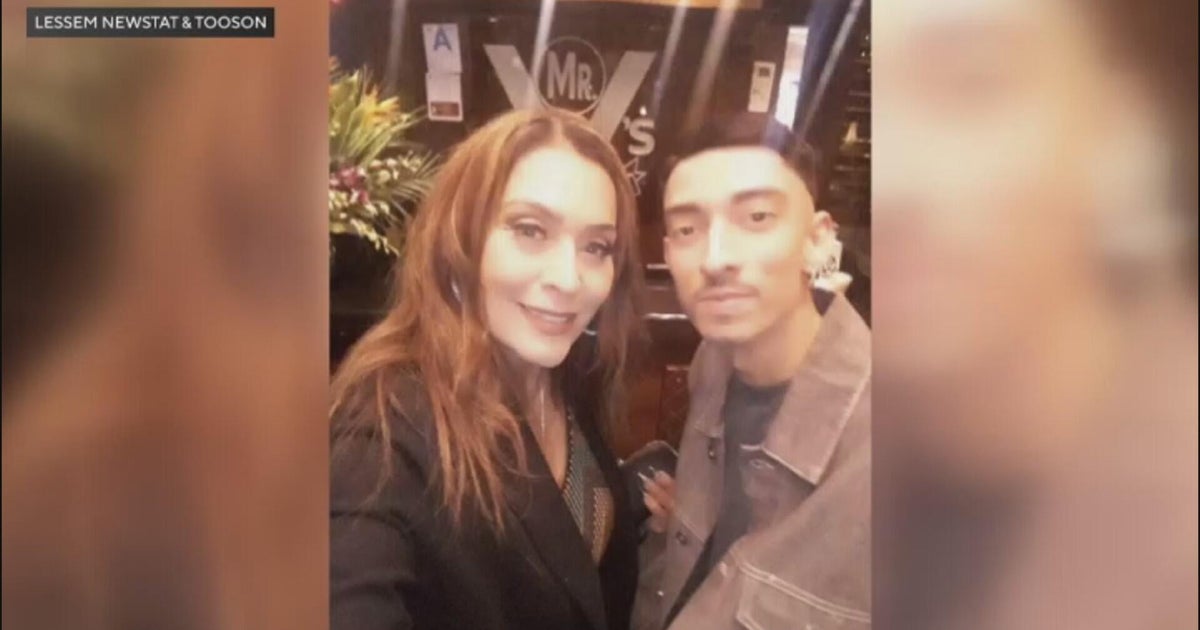Bavis Family Settles Final Wrongful Death Lawsuit From 9/11
NEW YORK (AP) -- The last wrongful death lawsuit remaining from the 9/11 terrorist attacks was settled Monday when a family that sought to expose weaknesses in the nation's air safety system decided it had done what it could to give voice to a hockey scout who died that day.
WBZ NewsRadio 1030's Don Huff reports
Podcast
The family of Mark Bavis decided to settle after making public as much information as it could about what it viewed as security lapses on Sept. 11, 2001, at Boston's Logan Airport, where United Airlines Flight 175 originated, attorney Donald Migliori said.
He said the family had decided to settle as it became clear that a trial scheduled to begin Nov. 7 would be limited to three weeks.
In a statement, United Airlines said: "The tragic events of 9/11 impacted all of us, and we are pleased to resolve this case."
St. Louis-based Huntleigh USA Corp., a security company that also was named in the lawsuit, did not immediately respond to a request for comment Monday.
The terms of the settlement were not disclosed.
Bavis, a Newton, Mass., scout for the Los Angeles Kings hockey team, was aboard Flight 175 when it took off from the airport, was overtaken by terrorists and flown into the south tower on Sept. 11.
The lawsuit was filed by his mother, Mary Bavis.
Migliori said it gave the family relief that some important information about airport and airline security was placed in the public court record prior to trial.
"That gave them some peace and allowed them to live on," he said.
But he said that the family had not given up on bringing scrutiny to airport screening.
"They think they can give Mark voice long after this case is over," Migliori said.
"Their goal is to make future travel safer."
In a court filing Friday, lawyers for the Bavis family blamed United and Huntleigh for security failures that they said enabled the terrorists to hijack the plane.
They said the companies failed to hire and retain qualified screeners and to properly train them for the growing threat of terrorism.
On the morning of the attacks, at least nine screeners were unaware that the threat level had been raised to a level which meant terrorists with a known capability to attack civil aviation were likely to carry out attacks against U.S. targets, they said.
"Shockingly, employees at the management level were also in the dark," they wrote, naming four managers.
They said at least nine screeners had never heard of Osama bin Laden or al-Qaida and neither had Huntleigh's director of training and its general manager at Logan.
The lawyers wrote that a majority of the screeners on duty at the Flight 175 checkpoint that morning were immigrants who spoke limited English.
They said one of the pre-board screeners had such a poor grasp of English that she required an interpreter during her deposition, and another screener during his deposition had to have questions repeated multiple times because he could not understand English.
The lawyers said the family was prepared to show at trial "a litany of evidence suggesting that the hijackers on Flight 175 used knives, Mace and pepper spray to overtake and intentionally crash the aircraft."
Bavis, who was 31 years old, was in seat 19F of the flight from Boston to Los Angeles International Airport.
Other than one tiny bone fragment, his remains were never found.
Drafted by the New York Rangers, Bavis played three seasons of professional hockey before coaching hockey at Brown and Harvard universities.
Both he and his twin brother, Mike, were hockey stars in high school and college.
Associated Press writer Cristian Salazar contributed to this report.
(Copyright 2011 by The Associated Press. All Rights Reserved.)
